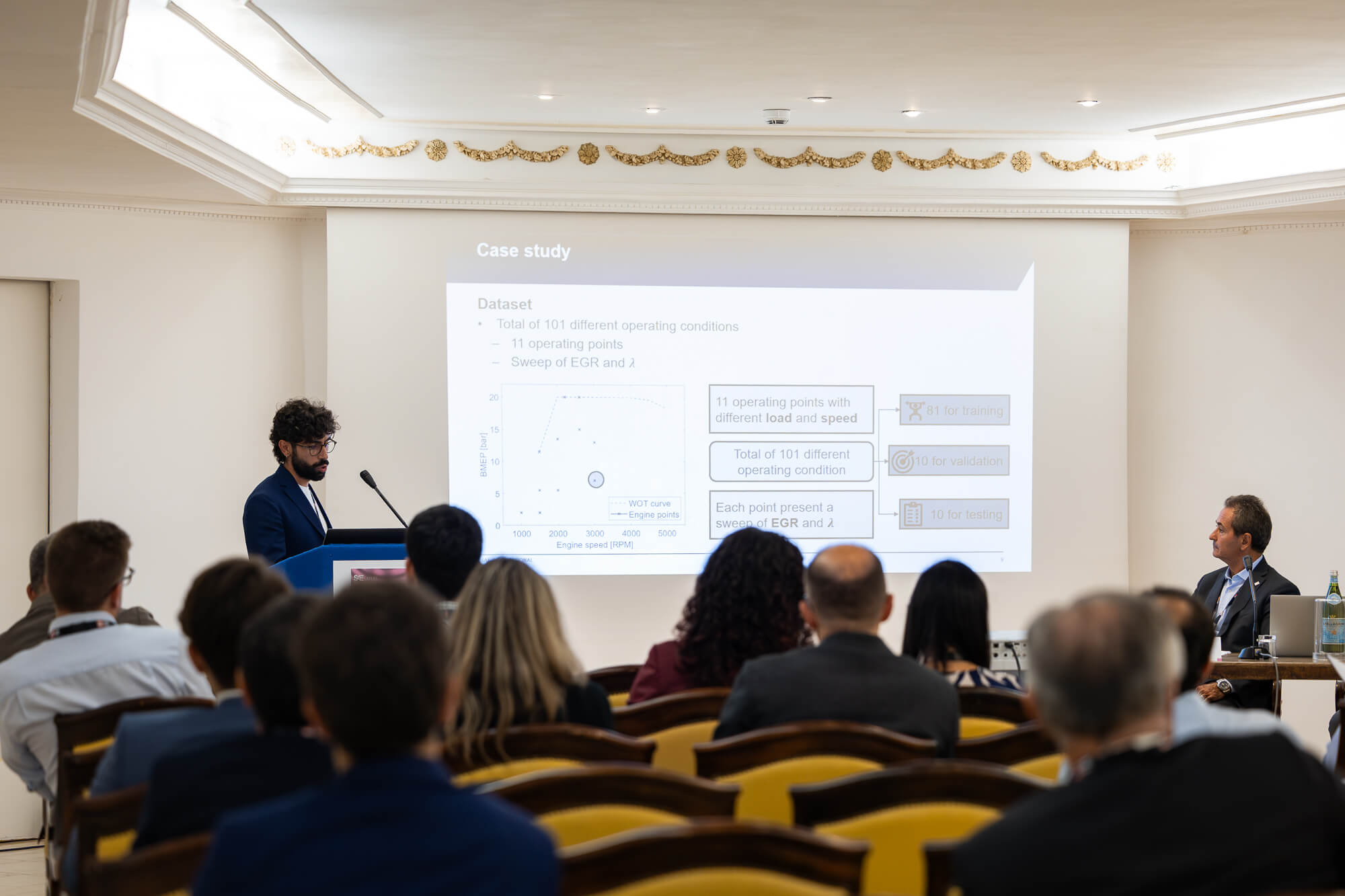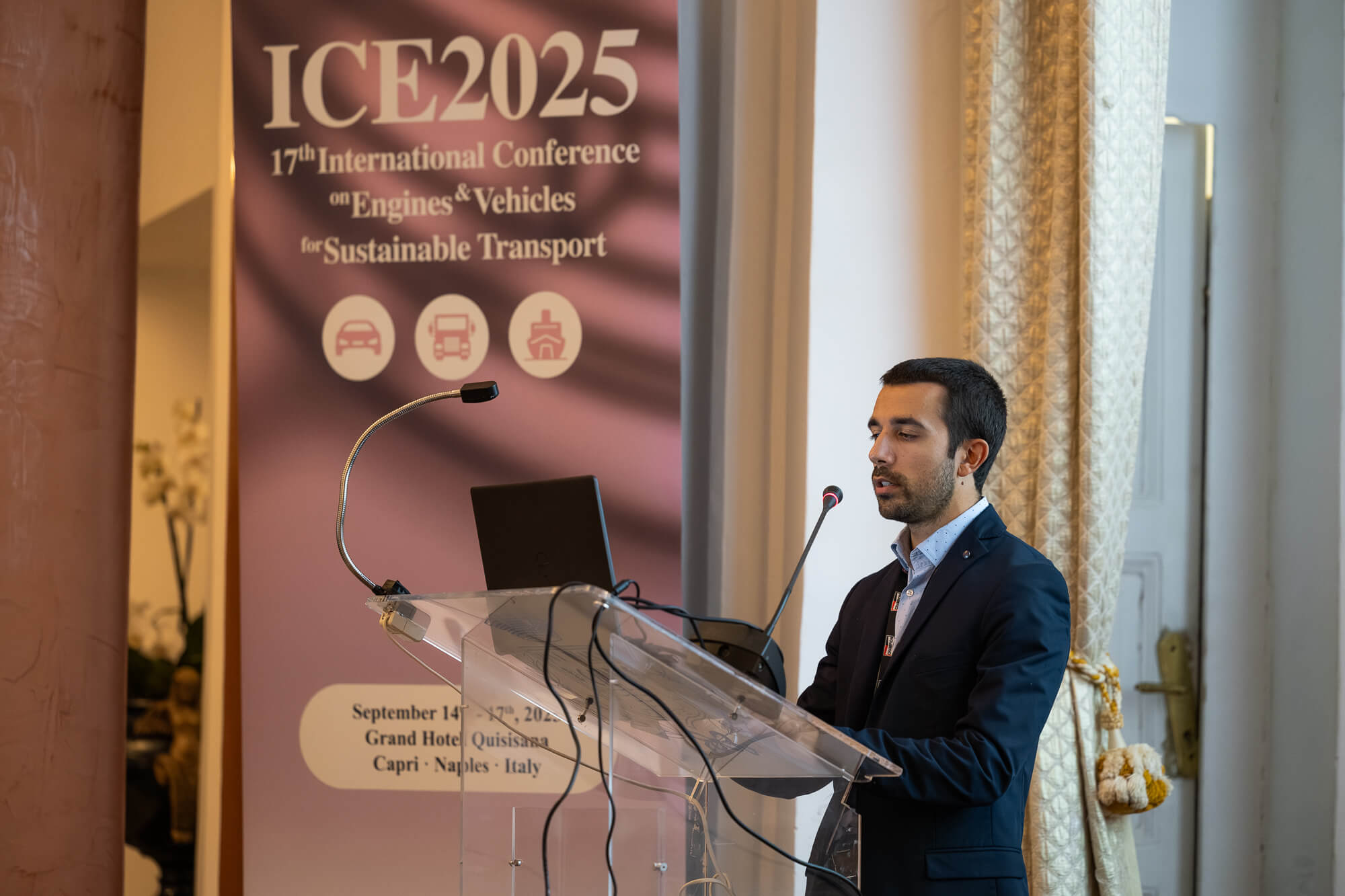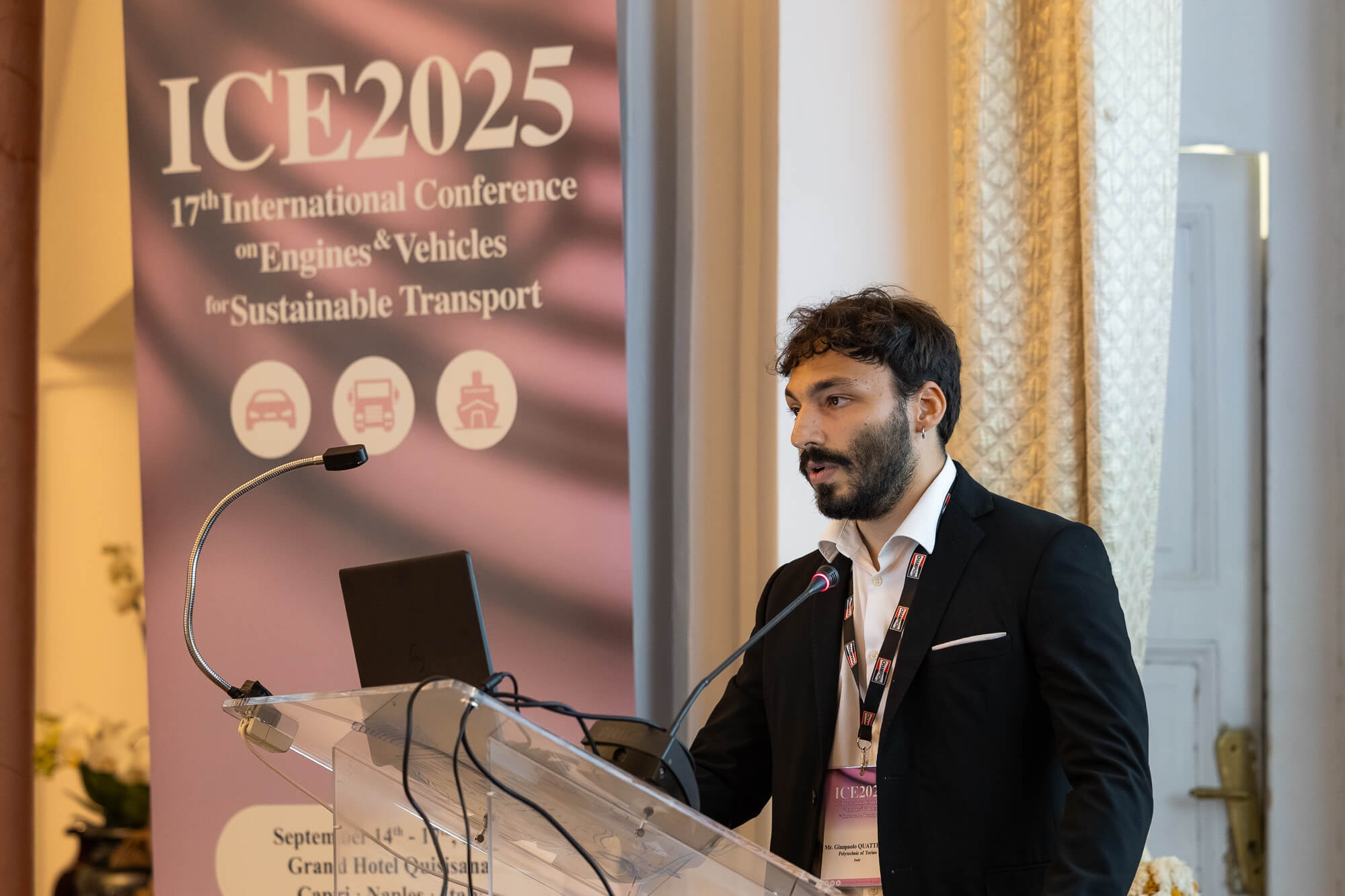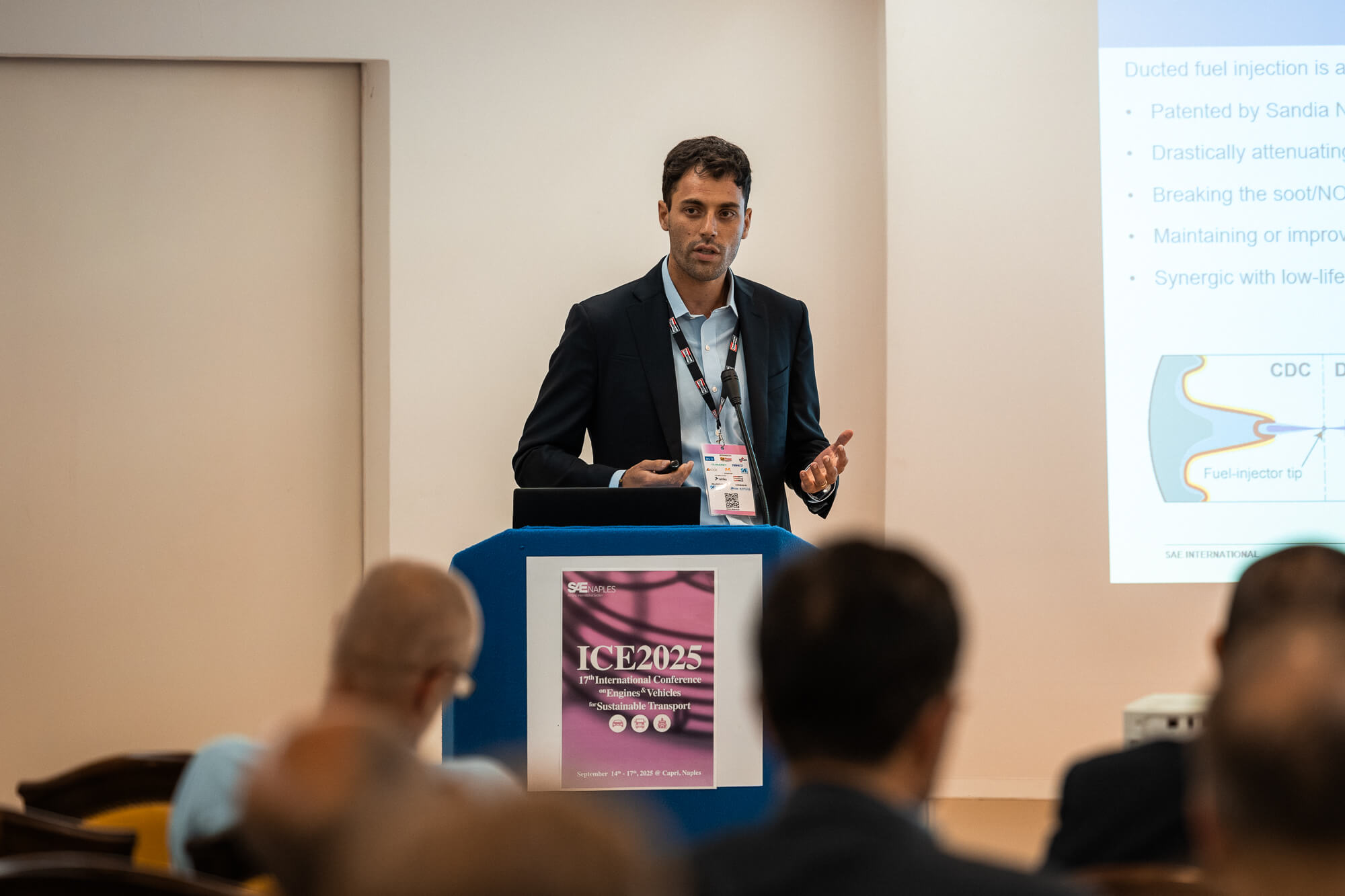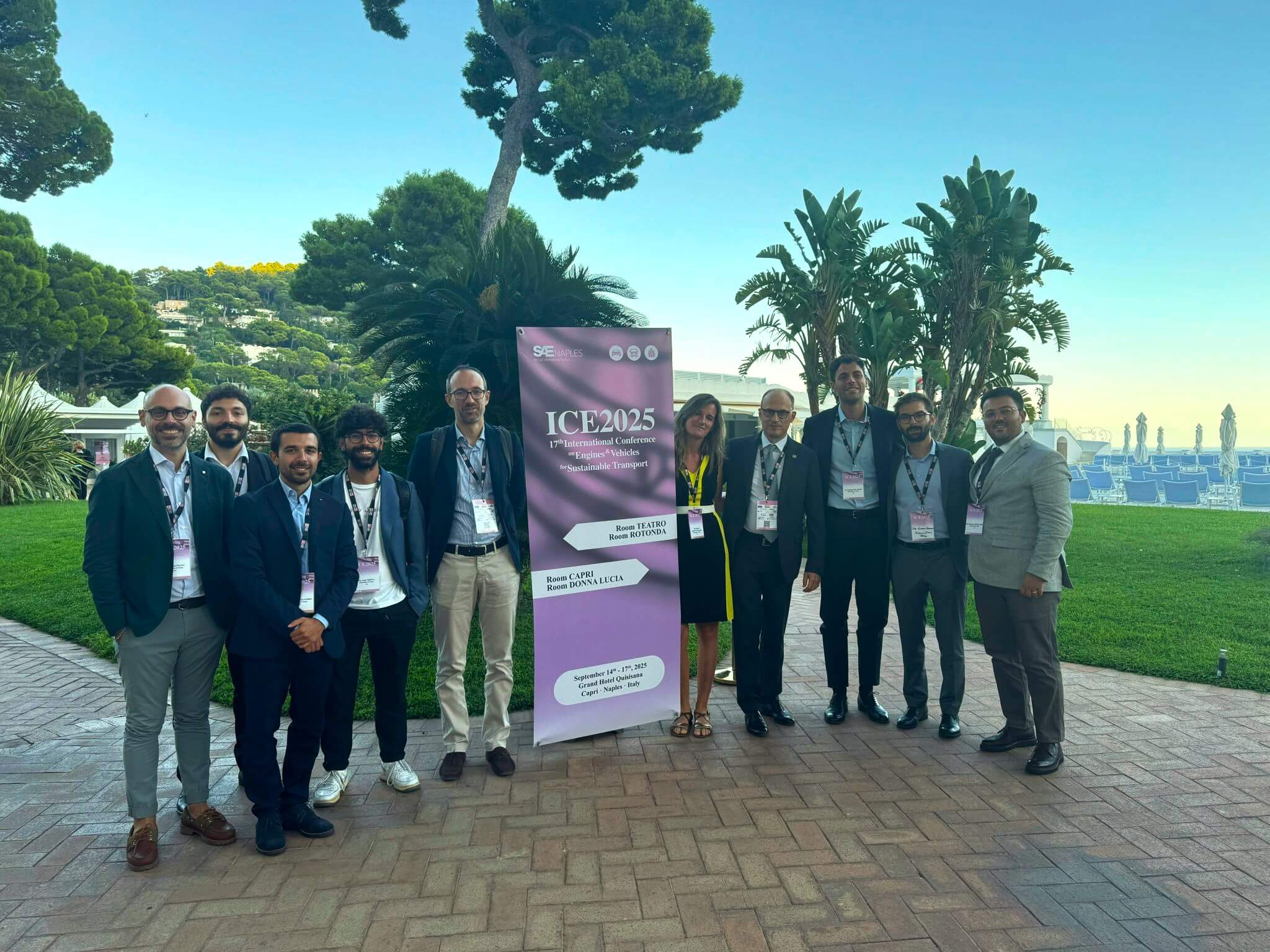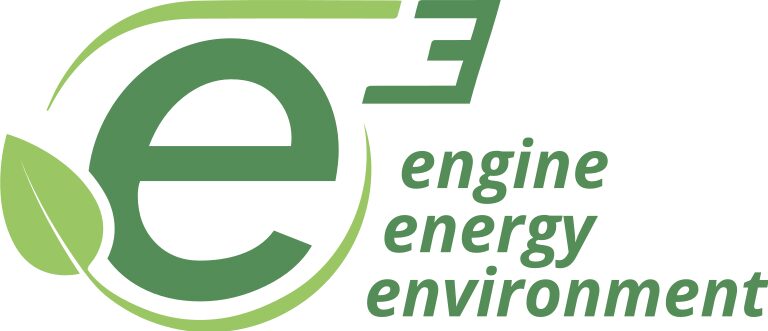Engines, Energy
and Environment
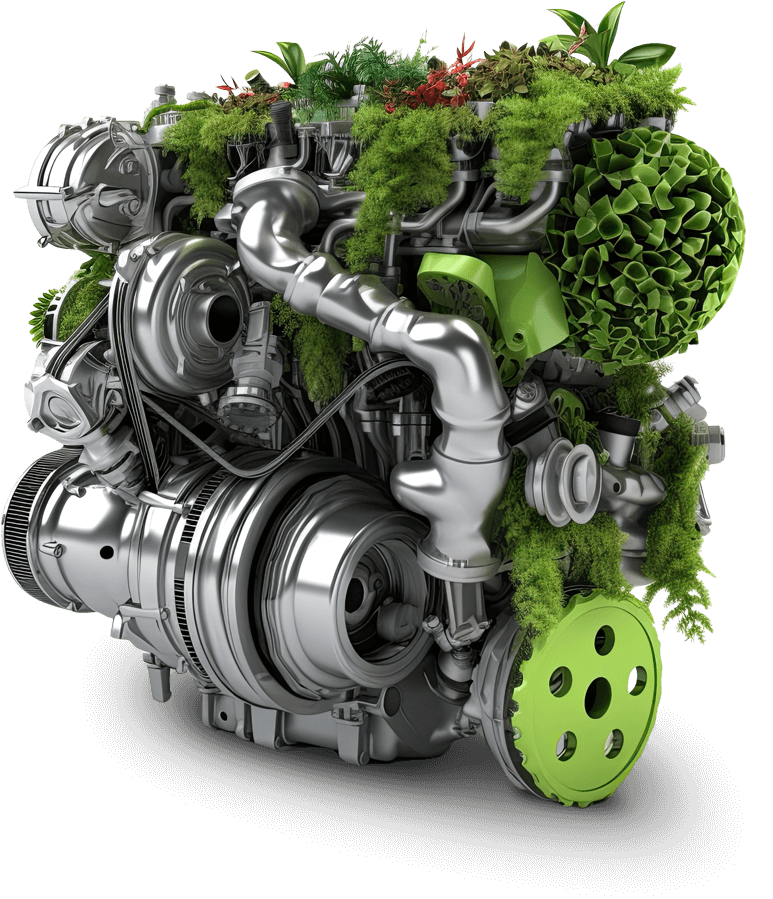
The research activities of the e3 group are focused on the efficient use of energy from fuels through internal combustion engines in order to minimize carbon dioxide and polluting emissions, preserving our environment.
Teaching

PhD courses
- Introduction to LabVIEW and data acquisition
- Experimental heat and mass transfer
- Towards ZEV: technologies for vehicle pollutant emissions control
- Hybrid propulsion systems

MSc courses
- Engine emissions control
- Motori a combustione interna
- Hybrid and electric propulsion systems
- Thermal machines and structural mechanics (modulo di Thermal Machines)

BSc courses
- Macchine a fluido
Previous slide
Next slide
People
The E3 research group provides an environment that fosters lifelong friendships and inspires a lasting passion for learning. Many students have completed their PhDs or undertaken training with our group before choosing to pursue careers in the powertrain and automotive industry.
News & Events

We are delighted to announce that five of our e-cubers from the XXXVII cycle have successfully defended their doctoral dissertations, marking one of the most significant milestones for our group in recent years. Their work has contributed substantially to our mission of advancing the decarbonization of the transport sector, from electrification to the exploitation of hydrogen in internal combustion engines. Congratulations to Andrea Scalambro – Advanced Computational Simulation Methodologies to Enhance Hydrogen Internal Combustion Engine Development – funded by FEV Group
No News to show
